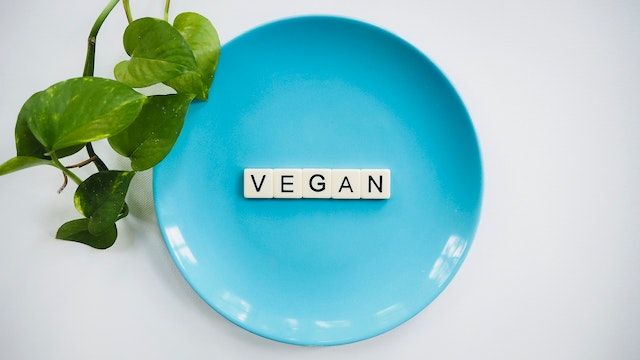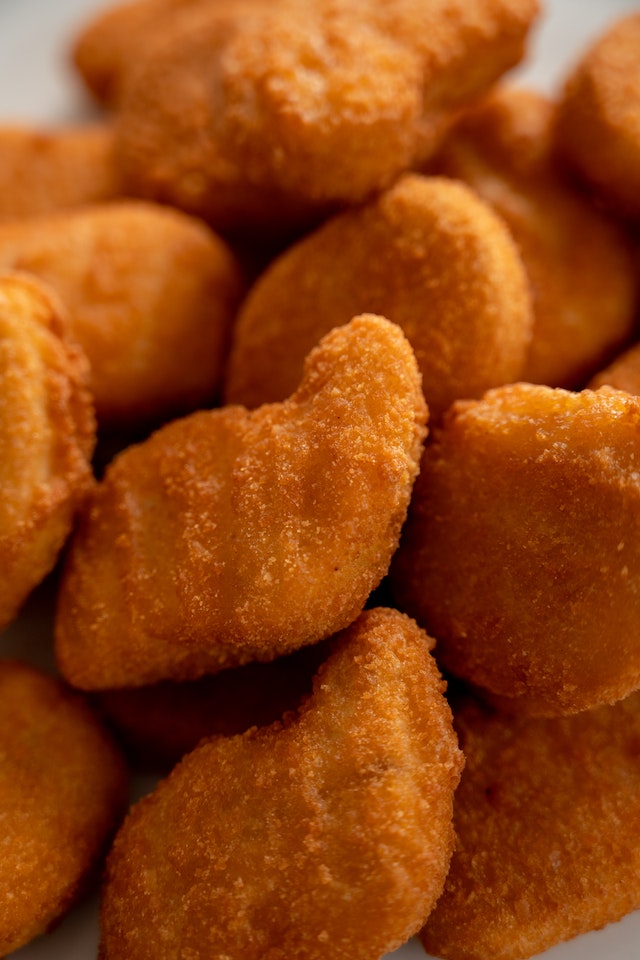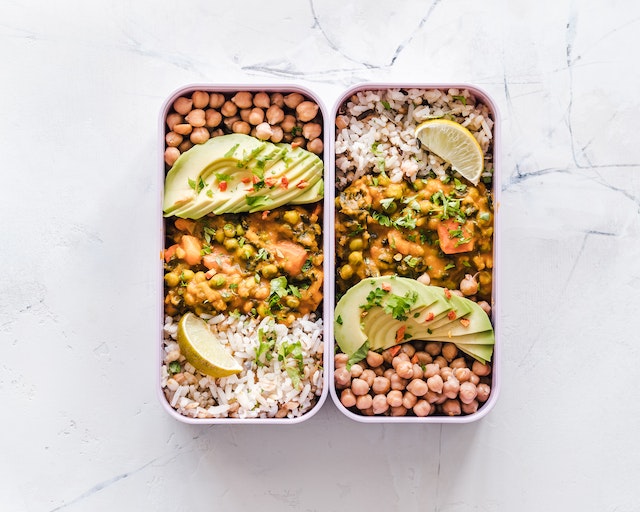The competition for the greatest chicken nugget substitute is still ongoing. It's so packed now that several vegan media outlets have even created a guide. That is how complicated the sector has grown; we require professional advice.
And yet this product is not brand-new. While some well-known companies have lately joined the nugget trend, several legacy brands have been around for years. Old-fashioned brands that spring to mind are Morningstar Farms, Gardein, Yves, Dr. Praeger's, and Boca (Vegetarian Quorn has been available for a while).
However, the stakes have been raised by the recent investment craze around all things plant-based. While Impossible Foods and Beyond Meat's leading bleeding burgers first stole the show in the burger wars, the two competitors have now also joined the nugget arena. In an effort to keep youngsters interested, Impossible just developed "Wild Nuggies," which are shaped like animals.
Never one to be outdone, Beyond Meat made headlines with an announcement that it had expanded the distribution of its imitation chicken "tenders" to 8,000 retail locations, including the CVS pharmacy chain. Even KFC's buckets were painted green for the "Beyond Fried Chicken" experiment. But according to Bloomberg, there have been some hiccups along the way to replication for Beyond, with fast food roll-out lags presenting serious problems.
While this was going on, a ton of other start-ups came right in, unfazed by the fact that Impossible and Beyond had millions of dollars in marketing advantages over them.















